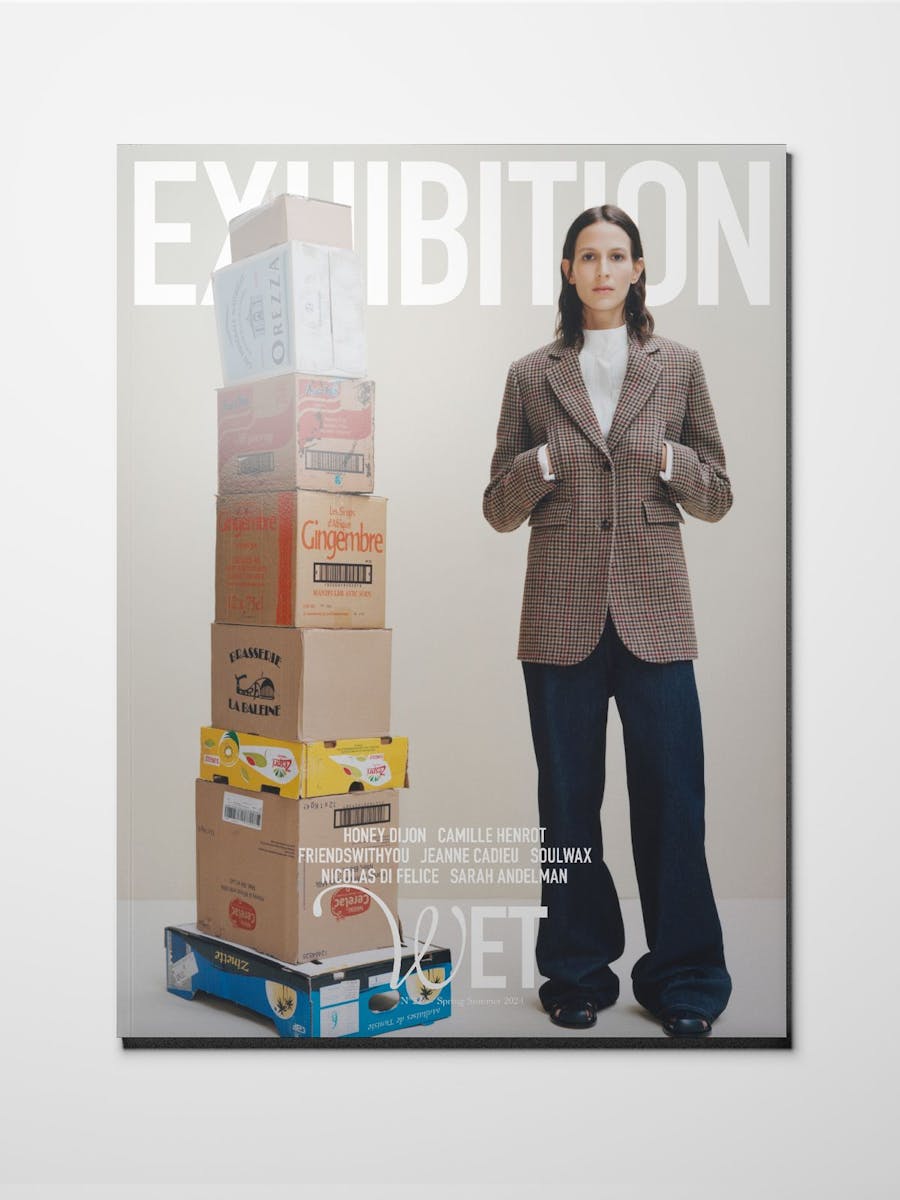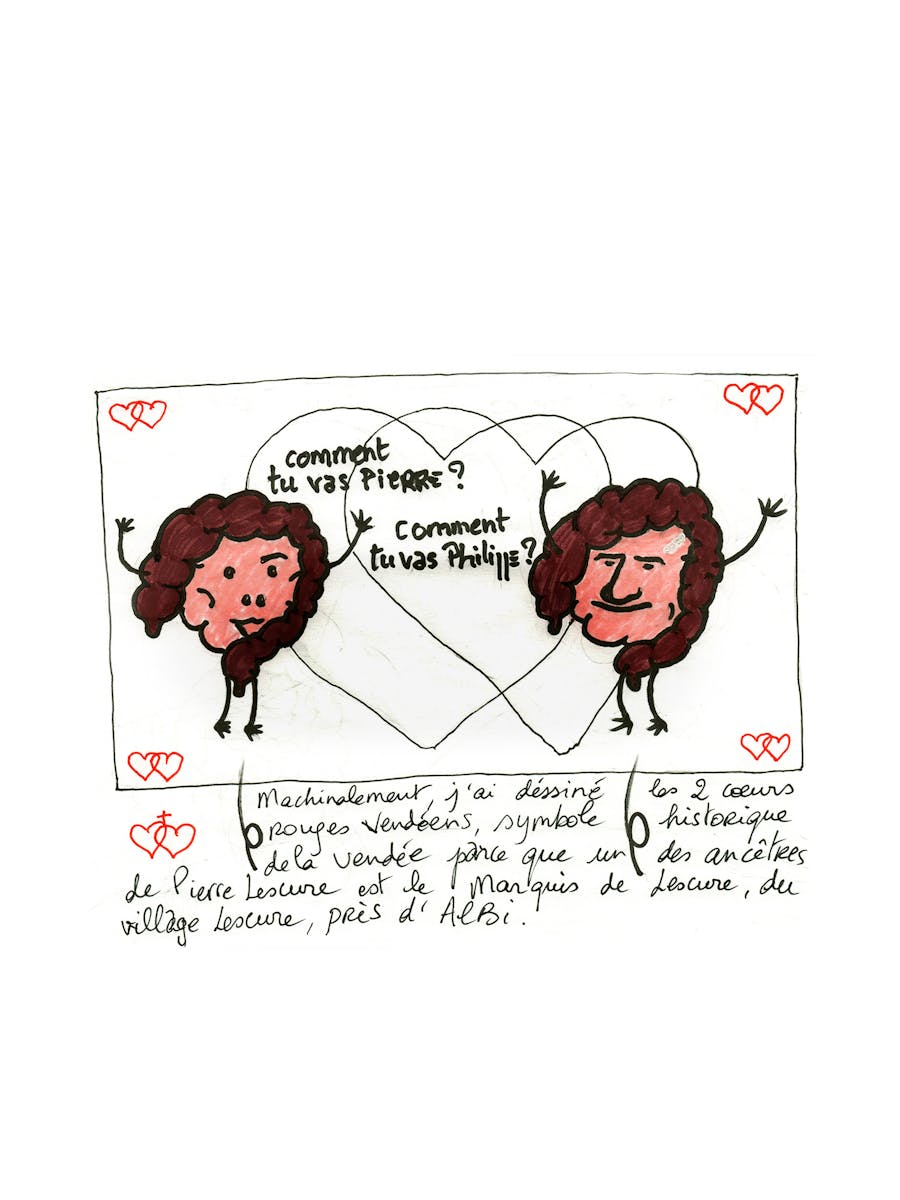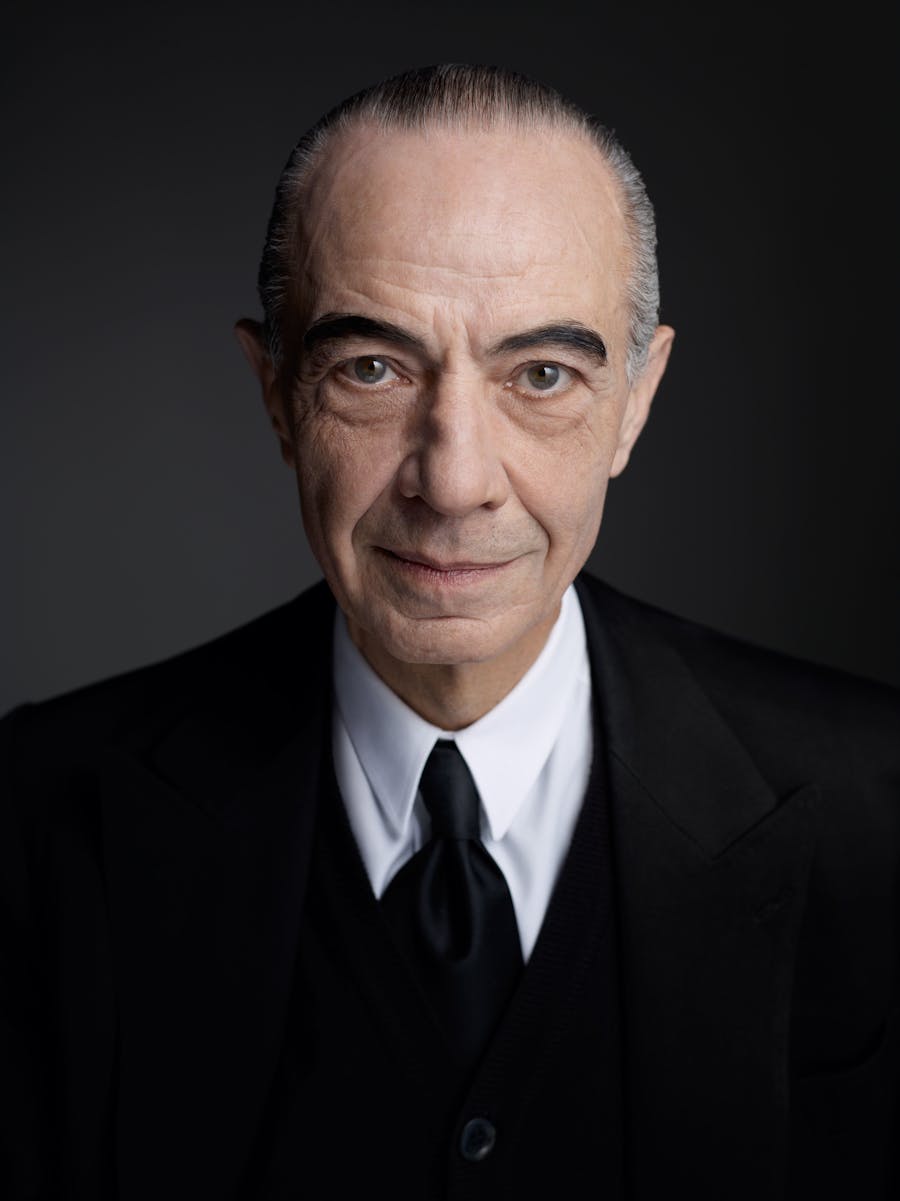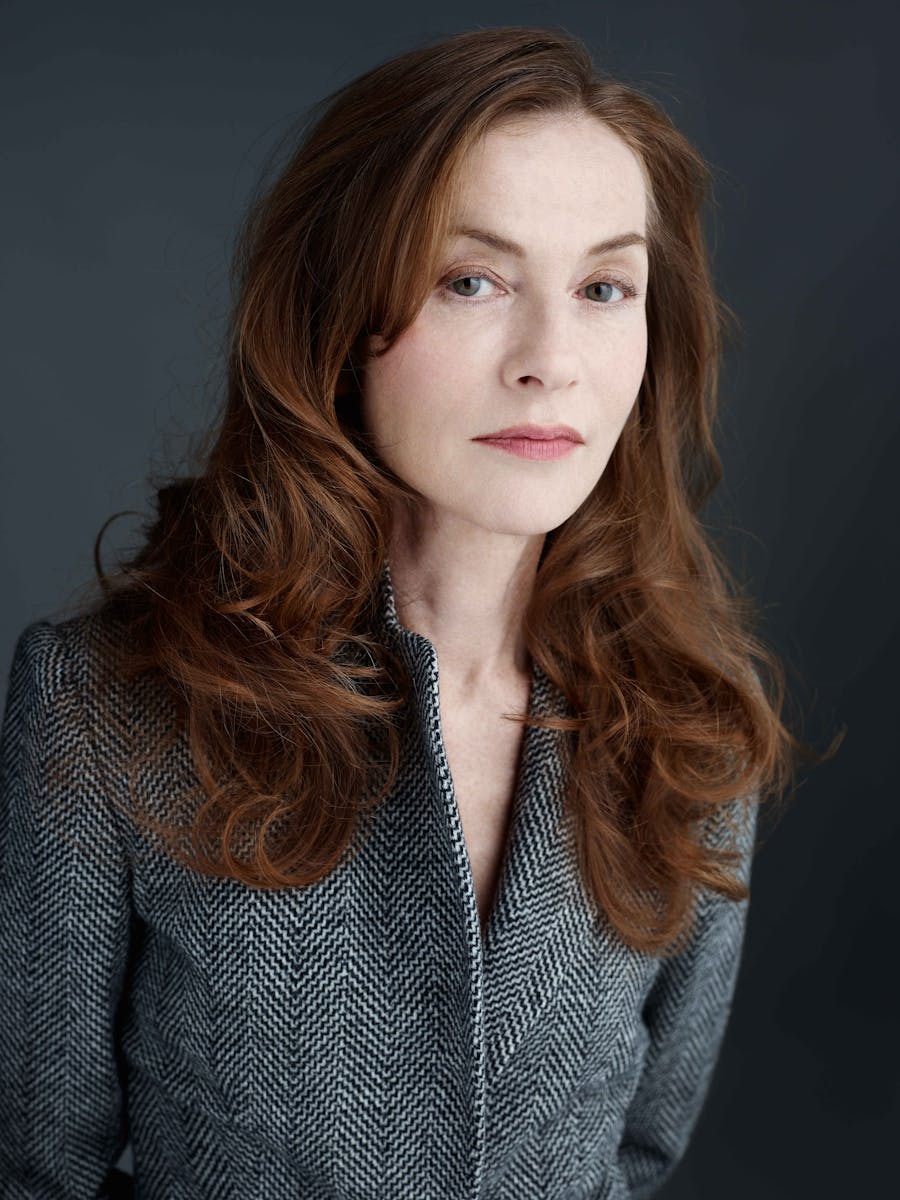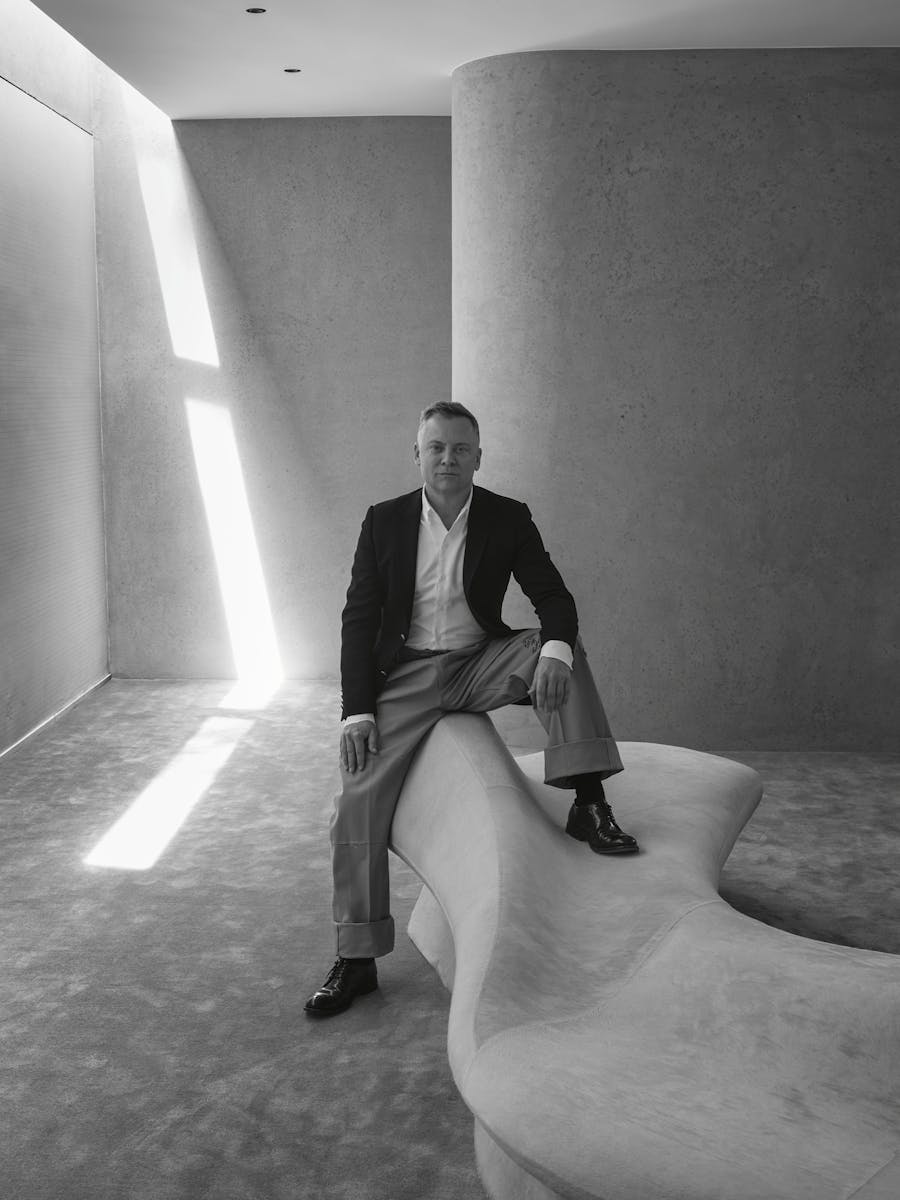From the Euphoria Issue
Nicolas Di Felice, Creative Director of Courrèges, enjoys observing a party as much as participating in one. With the rhythm of the bodies as they dance, euphoria passes through the crowd like an electric current. It’s an ambient sweetness inseparable from a feeling of freedom.
Firstly, what inspires you at Courrèges?
Its founder. Apart from the fact that André Courrèges had an accent like mine, he was passionate about his job. I often think about him dreaming of something and then making it the following day. He was always in the thick of it, intense and radical, not just in his way of creating but also in his way of expressing himself. He showed great courage, determination and passion and I admire that. I have watched all his interviews and I remember one in particular where he vigorously defended his position against Pierre Cardin on the subject of women in trousers. We often think of his futuristic side, but I don’t dwell on that because that was simply a tendency in the fashion of the period. Reducing his work to that is very limiting. I admire his technique. He cut his teeth with Cristòbal Balenciaga, in a fashion house which had a lot of rules and rigour. I also like the idea that he created his own fashion house with the woman he loved [ed’s note: Coqueline Courrèges], so the story of the brand is also a love story. Finally, the simplicity of the shapes he created really inspires me, as does the fact that he worked very hard at precise silhouettes like the A-line silhouette and certain patterns. Every season would be a variation on those themes.
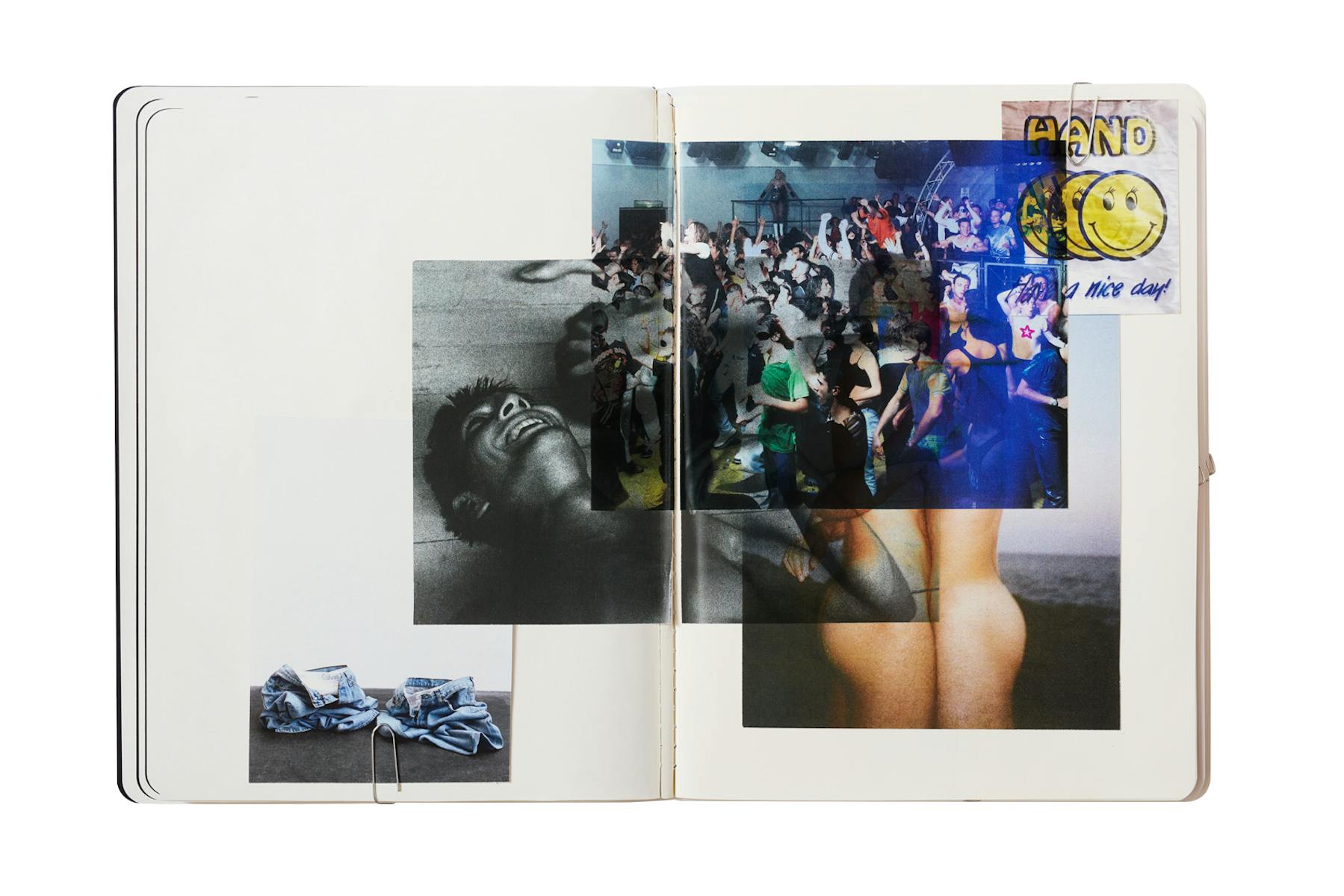
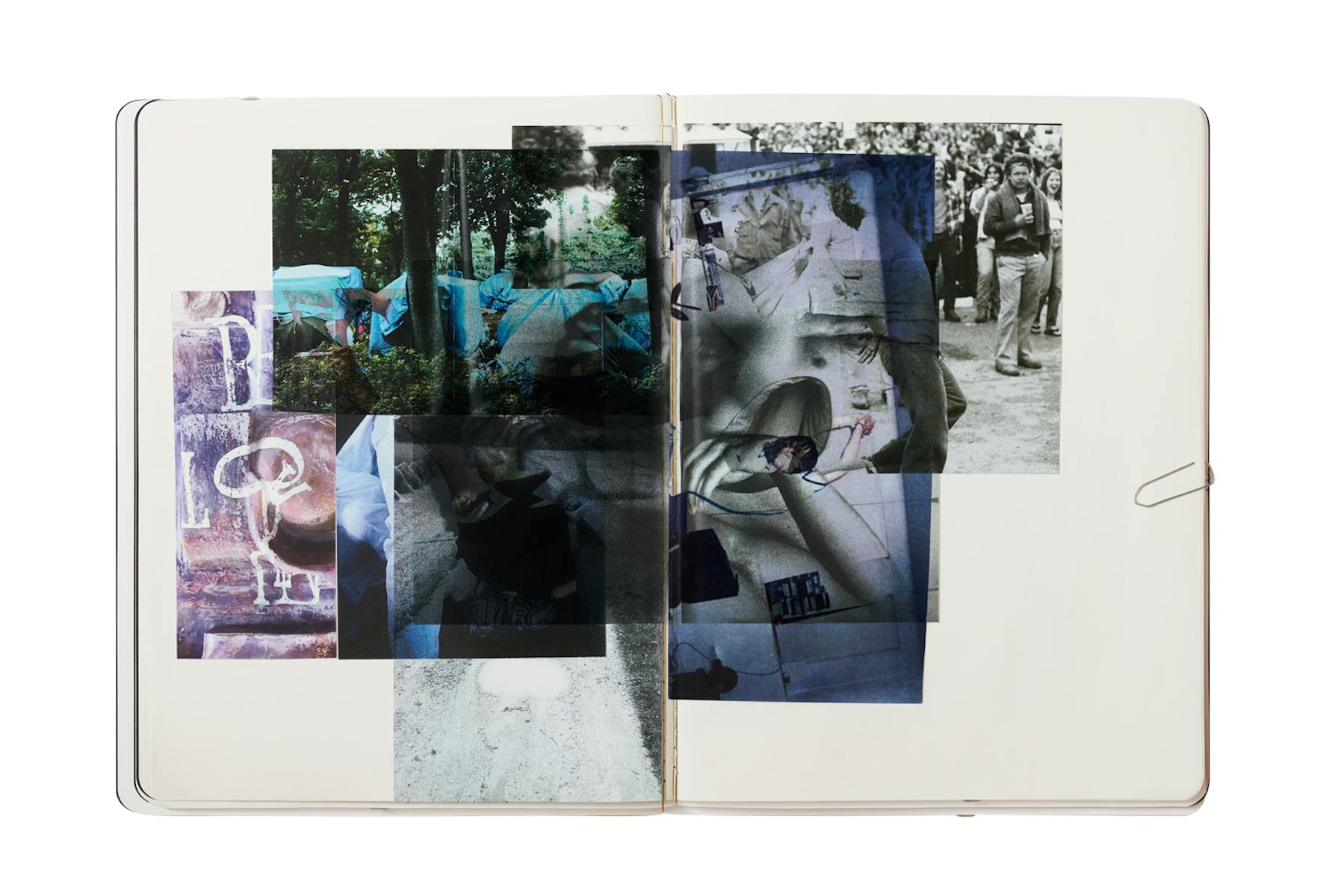
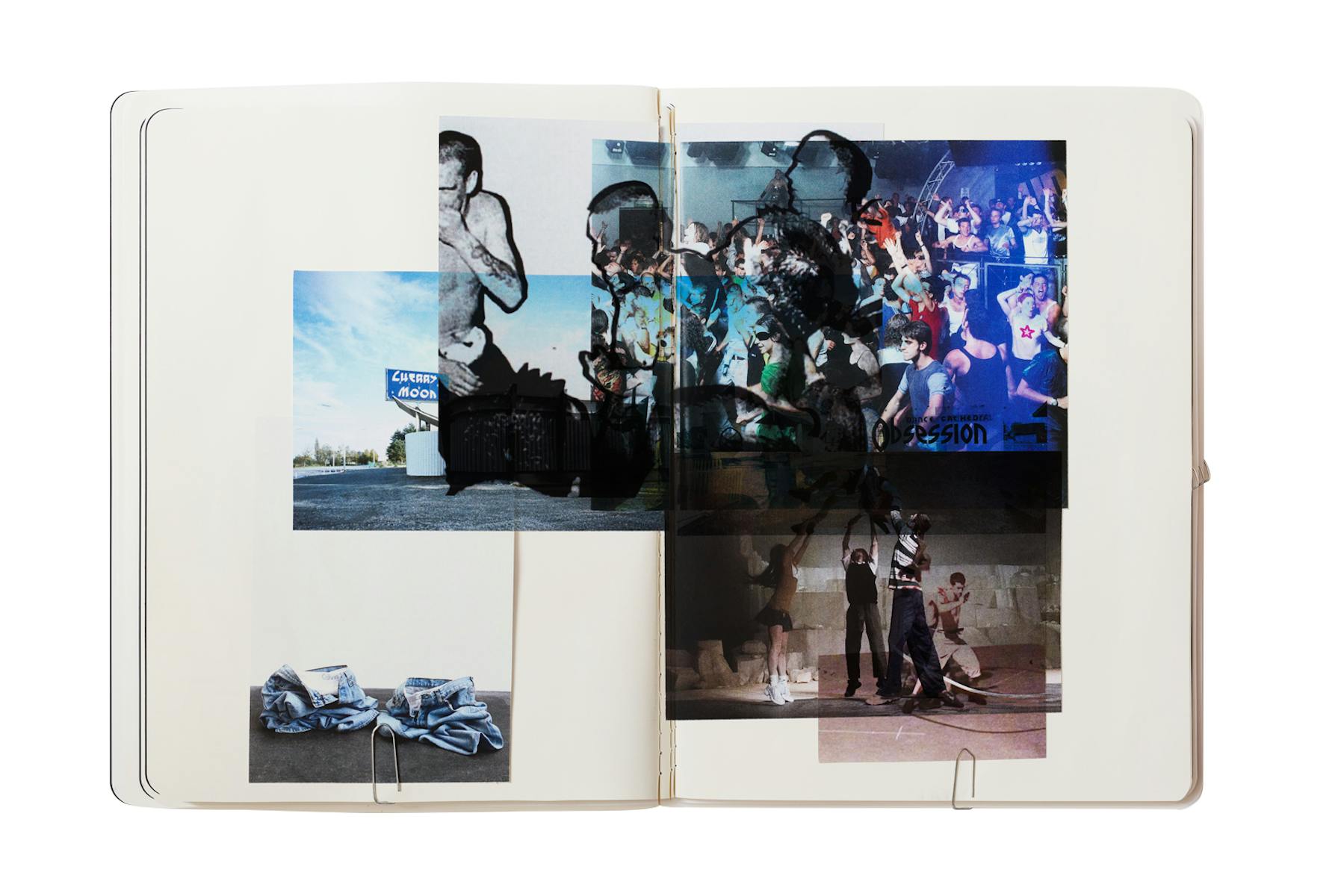

A designer’s obsessions often say a lot about their fashion...
Yes, and it’s also their obsessions which make their fashion iconic.
The seriality of his creations, at the height of pret- porter, is very strong in his work. His vinyl jackets were produced year in year out because they were worn a lot and sought after. In the 60s he was already talking about fashion which “takes to the streets”.
Your first show was filmed at La Station - Gare des Mines in Aubervilliers. To what extent does partying nourish your creative process?
I’ve danced a lot there. It’s a place with a lot of positive energy where people come to let their hair down and feel free. Partying, by day or by night, is one of my primary sources of inspiration. I am interested in clothing archetypes linked to counter-culture but what I like most in those moments is the energy that radiates. What I find beautiful in partying is freedom. The image of freedom. When I arrived in Paris, just over 12 years ago, I came from Brussels where the culture of partying is omnipresent. There are clubs everywhere. I didn’t find that here and it’s not because I was working very late at night – it’s quite simply because there weren't a lot of democratic places where you could party. It was very closed and elitist. Then, with La Station and Péripate, things started to change and I was able to find once more this great mix, with no rules, where you can feel free, no matter where you come from, whoever you are, whether you’re rich or poor. You can feel this freedom in the way people dress. There are far fewer barriers between different subcultures, which creates new looks, new ways of putting things together...
You like partying but you also really like to observe people at parties?
I love people-watching, all the time. During the moments when I am alone, whether I’m at the park or in the street or in a café, I’m always watching what’s happening around me.
Do you often feel the need to have moments of solitude?
What I need above all is to be in real life and for that I need to go everywhere. I am pretty curious and I always have been. Even when I was working in the fancier neighbourhoods, for a really beautiful fashion house [ed’s note: Nicolas Di Felice has worked at Balenciaga, Louis Vuitton and Christian Dior], I didn’t lose that link with reality.
You really like clean lines in your clothes. Where did you learn this very high degree of technical skill?
I was already very meticulous at school. Even if I went out a lot and didn’t sleep much, I was very diligent and very good in the technical classes. I love well-made things. When my parents gave me money to buy fabric, and when I had the chance to be able to work with really beautiful materials, I really took the time making them; I didn’t cut any corners and I loved the inner finishings. At the office, everyone knows I am very precise.
Are you something of a perfectionist?
I would say I’m a little obsessive about the fabrication of the pieces. I do a lot of fittings and I’m often at the studio. And at Courrèges it’s important to offer up an item of clothing which will hold up well, which is well cut, and which you’re not going to throw out after two months.
In order to create, do you require certain conditions?
I need to feel good, and for that, I need fulfilling experiences with my friends and the people I love. I need to dance and listen to music. After that, I need to concentrate.
When you take over a fashion house like Courrèges where you have to multi-task, the creative periods are actually extremely short. It may seem strange, but sometimes I feel like the creative period only lasts... two minutes!
Do ideas just come to you, all of a sudden ?
At a given moment, I see what I want to do or what I can do well, and that happens in a flash. For the three months that follow that flash, I have to work hard to materialize that idea and to explain it to the teams who are going to give it shape. There’s a lot of time spent on the actual making and the logistics.


